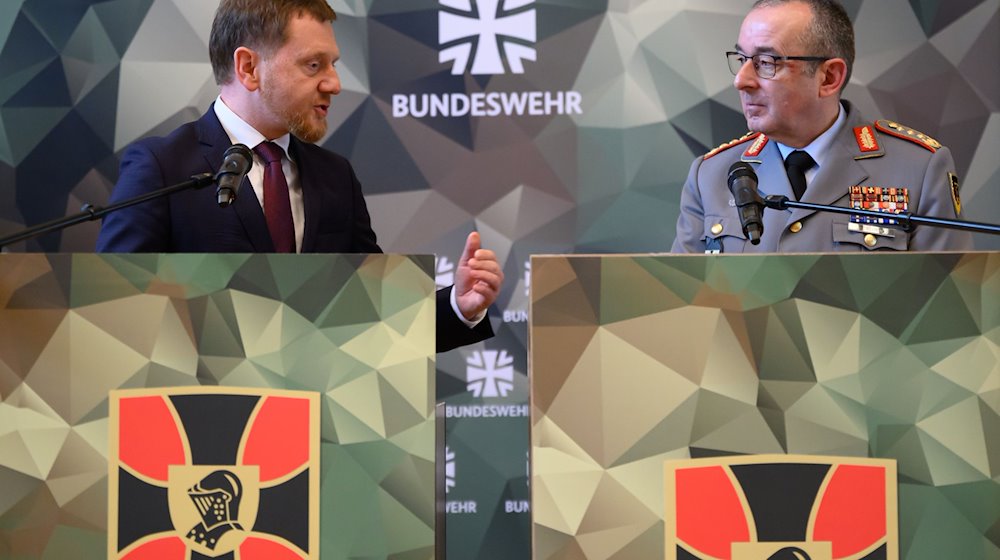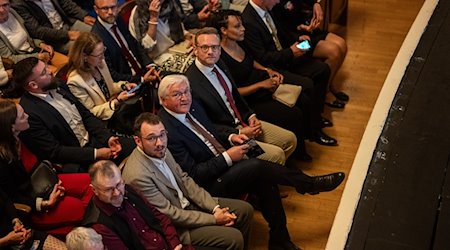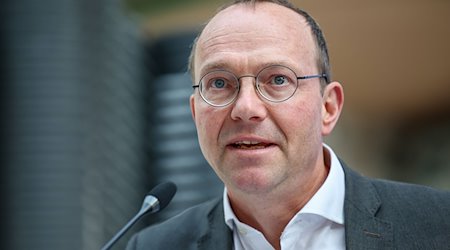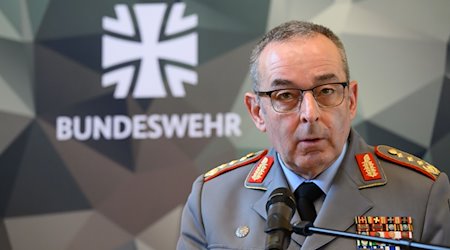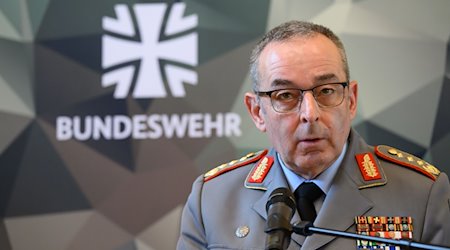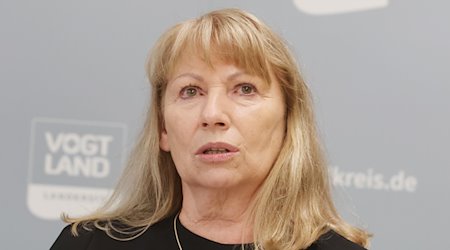Saxony's Minister President Michael Kretschmer (CDU) has spoken out in favor of a broad debate on the reintroduction of compulsory military service in Germany. He said on Tuesday in Dresden after a meeting with the Inspector General of the German Armed Forces, Carsten Breuer. "I would very much like us to be able to vote on one, two or even three variants of this compulsory military service and for this to be an issue that is put to the Germans as a whole." Germany is not familiar with this form of direct democracy, but the issue would be an opportunity to allow Germans to vote on such a large and important topic. The Bundestag and Bundesrat could then follow the decision in legislation. This would be important for the acceptance of compulsory military service.
Today, we are facing a different threat and need to react differently, Breuer emphasized. Various models of compulsory military service are currently being developed in the Ministry of Defense. What they all have in common is that the Bundeswehr must be able to grow. This must be measured in terms of the forces Germany provides to NATO, but also in terms of what additional homeland security forces are needed at home.
Breuer was a guest of the Saxon cabinet on Tuesday, which met in the Army Officers' School as a so-called security cabinet. He said that the cooperation between the Bundeswehr and Saxony was close and based on trust. The Free State is home to key institutions such as the Army Officers' School, the NCO School and the Training Command in Leipzig, which manages 15,000 members of the army and is responsible for military training across the entire spectrum, including the training of the Ukrainian armed forces to a large extent. However, with the Zeithain and Bernsdorf sites, Saxony is above all a location for the future. By 2035, more than 700 million euros will be invested in Germany's security in the Free State: "Saxony is a firm partner in implementing the turnaround."
According to Breuer, Germany is confronted with serious threats from a variety of crises - "from an imperialist-aggressive Russia to a crisis arc from North Africa to the Middle East". This challenge requires not only a Bundeswehr that can act as a deterrent, but also a defensive, resilient society. This is where things are moving in Germany.
According to Kretschmer, it is about facing up to an insecure and dangerous neighbor. We need to see what capabilities Russia has, what opportunities this presents and how Germany needs to position itself to ensure a deterrence scenario. "Security costs money, but an attack is much more expensive." Saxony wants the cabinet to approve an initiative by the Bundesrat to provide ten billion euros for the civilian sector in the coming years.
Copyright 2024, dpa (www.dpa.de). All rights reserved

